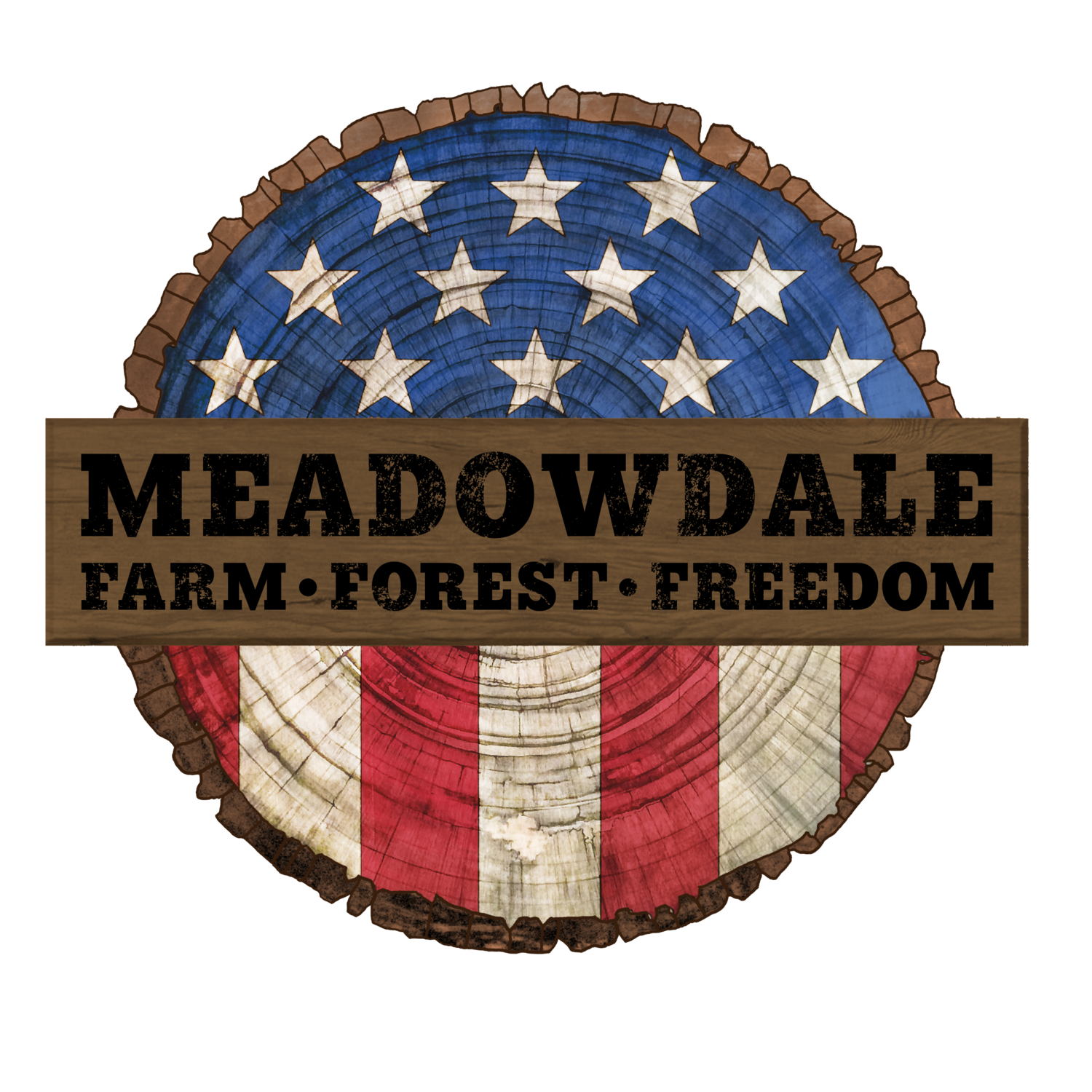When I was thinking of what I wanted to share today I felt most of you already know our story, and even the specific legislation that has been discussed that will protect forestry operations similar to ours, but there’s some aspects of our story that have become a “cautionary tale” worth noting.
We’re now known as “the family from Putney who had firewood processing banned on our farm”. The hearings back in 2015 were, in short, upsetting and a frightening picture of what the future of Vermont could look like.
The town I grew up in, met my husband in, and chose to raise my family in, was tarnished to me after that hearing. People I admired growing up, with expensive degrees and beautiful homes, were completely unable to grasp the idea that New England villages were once built around industry. At one time the people of Putney co-existed with a paper mill, gristmill, basketmaking factory, and sawmill. They were blind to the the environmental benefits of using local wood. Not seeing it would support a hyper local economy, a carbon neutral form of winter heat, and restricting the spread of invasive insects that can move into town with imported firewood.
Being a part of a resilient rural community requires some give and take. Our land that is zoned for agriculture and forestry is now vulnerable to interpretation by the municipality. Our case has set an unfortunate precedent that I worry could impact another farm someday. None of the members on our Development Review Board grew up on a farm, yet they had the authority to rule on what a farm should look like. We heard terms like “ghetto” , “ruining the character of the neighborhood” , and shock that there might be a few flies on cow manure in springtime. It was heartbreaking.
Sometimes I think southern Vermont is a bit of a “canary in a coal mine” for the rest of the state. Our proximity to New York, direct access to I-91, and progressive educational institutions have brought a level of gentrification not seen yet, in all of the far reaches of the state.
I can graciously say that it’s likely all of the people that opposed us have an affection for farming and even our rural heritage, just no comprehension of the perseverance it has taken generations for us to get here. Yes, chainsaws make noise, but they also give us firewood. Yes, tractors make noise, but that’s how we hay our fields. Yes, farmers work long hours, but they are the neighbors who will bring you fresh eggs and their kid will mow your lawn.
Our hearing wasn’t just about firewood. It was a revelation of socially acceptable discrimination against blue collar, calloused hands, hard working people. Hearing neighbors interchange the word “sawmill” and “firewood processor”, calling raising 6 pigs for a few months a year a “commercial piggery” just showed a basic lack of understanding of our Forest Products economy and sustainable agriculture.
I use the word “sustainable” because the number one factor, often overlooked for Vermont farmers, is the fact we have to make money. Farming is a lifestyle, a culture, but also a job. Profitable forms of industry are often looked down upon in our state limiting employment opportunities and tax revenues. Our rural culture has coped with that because generally Vermonters are tough, hardy, and just make do. Our current millennial back-to-the-land movement is all about glorifying a subsistence lifestyle, but I’m a hard working farmer who is tired of qualifying for food stamps.
One of the most worrisome things we heard during our hearing was the many self-employed, hard working members of our community who rely on the wealthy so much so that they are terrified to speak out against them. They’re worried about losing plowing, lawn mowing, and odd job work. In one of Peter Miller’s articles he interviewed a farmer recently lost their farm who said “What are we going to do, just work for a bunch of wealthy people? We can’t afford to buy a home or land in the town we grew up in.”
There’s many different ways to be a Vermont Farmer: organic, regenerative, conventional, there’s dairies, veggies, loggers, and sawyers. Each one is a steward of the land, while providing us a service. I’d like to say thank you to each one of them. As a society each one of these Vermonters are under appreciated and how they do their job can easily be misunderstood by the public. I hope that everyone in this room can pass their farms onto their grandchildren, but if policy continues to get more burdensome I also understand wanting more for them. Being in a stressful, financially volatile profession in a state that seems to require more permits, more fees, more taxes, and more regulation, isn’t an easy sell.
It would be worth exploring ways to help make farmers lives better, maybe even a bit easier. Revisiting the Right to Farm and passing bills like S.101 (which is to help protect forestry operations against nuisance lawsuits) would be important steps forward.

